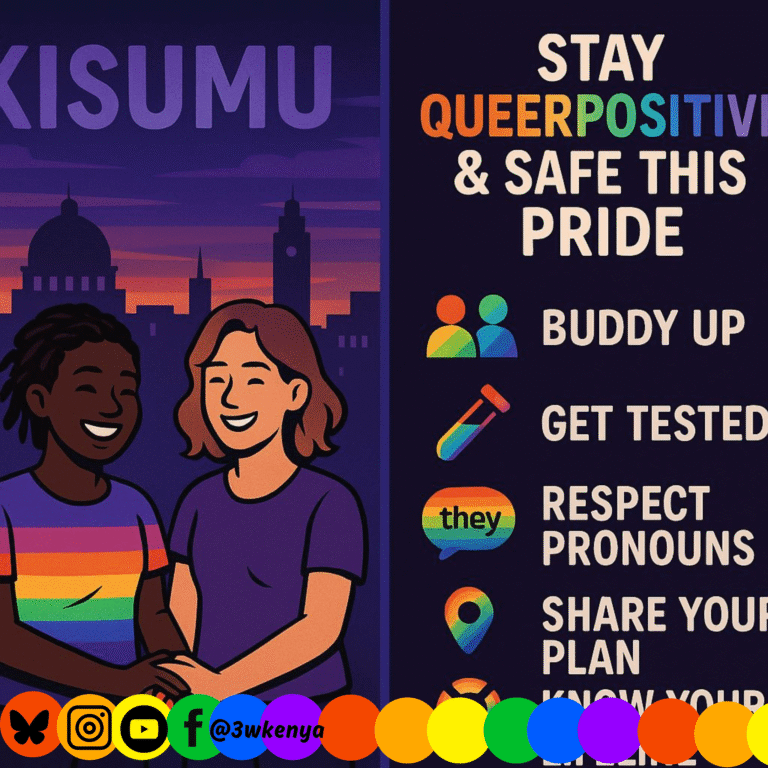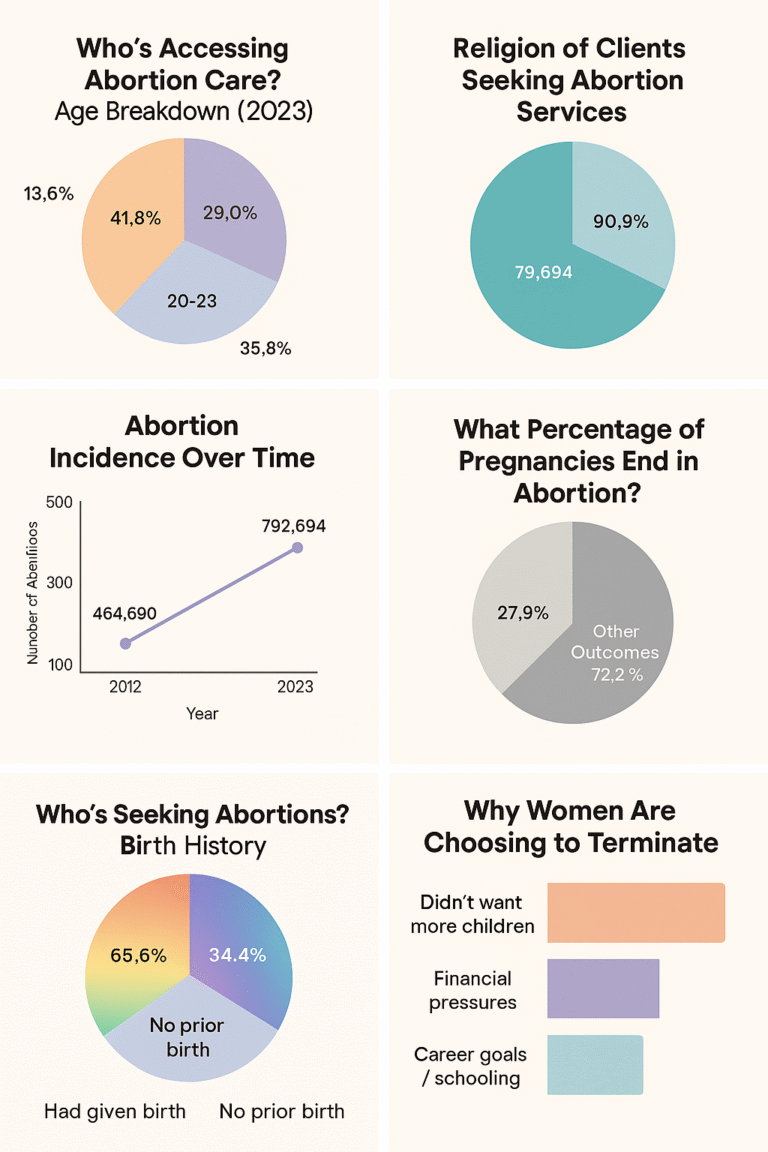What You Need To Know About Being an LGBTQ Ally.
Who’s an LGBTQ ally? And how can you become one? An ally is someone who chooses to commit themselves to acting in ways that help support the people of the LGBTQ community, regardless of their own identity or beliefs. Allies come in many forms, and they are an important resource that can help not only support, but use their position of privilege to work to reduce suffering and discrimination.
-
- Listen with an open mind: To create a safe space, it is critical to be on the lookout for any assumptions you might be making within a given interaction. It’s okay if your beliefs don’t match up 100%. If you want to truly support someone, this means that you are not trying to get them to change but instead to develop their own understanding of themselves- which can be very daunting if they feel that they will be rejected or put down for who they are. Focus on listening to the other person, and using empathy to understand their perspective instead of making judgments about what they say. This can help build trust and let the other person know that you want to understand their point of view, despite any differences in your backgrounds or experiences. And if there is something that you don’t understand, just ask instead of assuming.
-
- Believe their narrative: Each person’s story is completely different. There are many stereotypes about the experiences of LGBTQ people, and it can be harmful if you try to fit the other person’s story into preconceived categories of experience. This can also help you to best understand who they are and how they have come to understand their identity. So as you are listening, it is important as a good ally to affirm the person’s story- meaning that you do not question but validate what they are describing at face value. We never know what someone else has gone through unless they tell us!
-
- Use preferred pronouns/names/terms appropriately:This is important in particular for trans or gender non-conforming/non-binary people who go by a different name than when you met them. If you learn that they prefer a different pronoun than what you have used before, you should make every effort to respect their wishes. And if you slip up or forget to use their preferred pronoun, it’s okay- you’re only human! This can be a challenge at first, especially if you have known the person for a long time- but generally people appreciate when they know that you are trying to get it right.
-
- Be an advocate: This can mean anything from speaking up on their behalf, attending pro-LGBTQ organizations/rallies, or advocating for law or policy changes. Being an advocate is about taking any form of action against discrimination or hatred toward the community. Maybe you hear others talk negatively or use stereotypical/discriminatory language about the person. Or someone intentionally uses the wrong pronoun or name to describe them. Use this as an opportunity to provide support even when the person is not present, for instance, by using their preferred terms, or speaking out when you see an injustice. Attend organizations, pride parades, post pro-LGBTQ articles, and use your position of privilege in a way that helps the community.
As an ally, it’s not your job to be a therapist or counselor. But it is your job to listen to the LGBT people in your life, to ask them how they’re doing, to be aware that they may have gone through (and might still be going through) some things you don’t understand, and offer support when you can.
Keeping your heart open and an eye out for your LGBT brothers and sisters after the pride parties have ended and court cameras have turned off will go a lot further than votes or parade posters will ever


